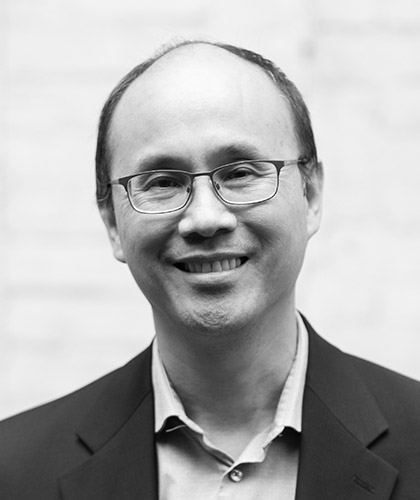An innovative solution to help people who are homeless have a better recovery after hospitalization.
Phase 1: Investigation
Research has shown that people who are homeless experience frequent hospitalization and ED visits. However, very few studies have focused on why this is happening and what are the risk factors beyond homelessness. We conducted a study – the first in Canada of its kind – to investigate how often patients experiencing homelessness were readmitted, why, and whether the reasons for readmission were preventable or modifiable. This information has helped to lay the foundation to develop a solution to address these factors.
Phase 2: Solution development and implementation
Based on the literature, our experiences working in both hospital and community agencies, and our initial Phase 1 findings, we created a new, embedded staff role General Internal Medicine at St. Michael’s Hospital: the Homeless Outreach Counsellor.
The Homelessness Outreach Counsellor gets to know each patient’s situation while they’re in hospital, and identifies potential challenges they will have in their recovery. After the patient is discharged, the counsellor works with the patient and with homeless shelters and other community agencies to help patients access information, medication, supplies and personal care. The counsellor also helps patients make and attend appointments for follow-up primary and specialist care.
The goal is to help improve patients’ health outcomes and experiences of care, increase connections with primary care after hospitalization – and hopefully reduce the likelihood of hospital readmission. We have been gathering input from hospital staff as well as local community agencies to help refine the role and our approach.
Phase 3: Evaluation
Next, we will evaluate this solution to see how working with the Homeless Outreach Counsellor affects the way patients’ ongoing health needs are addressed after hospitalization. General Internal Medicine patients who are homeless will be randomized to either receive services from the Outreach Counsellor or receive usual care. All participants will be interviewed 30 days after they are discharged from hospital. We will also review their medical charts and hospital admission records to see if what health care providers and services were used following the hospitalization.
If we find that the Homeless Outreach Counsellor demonstration project is successful in reducing hospital use, we will work to ensure the model continues at St. Michael’s. Our hope is that this is a solution that could be implemented in many Canadian urban hospitals to better meet the needs of these traditionally under-served patients.

